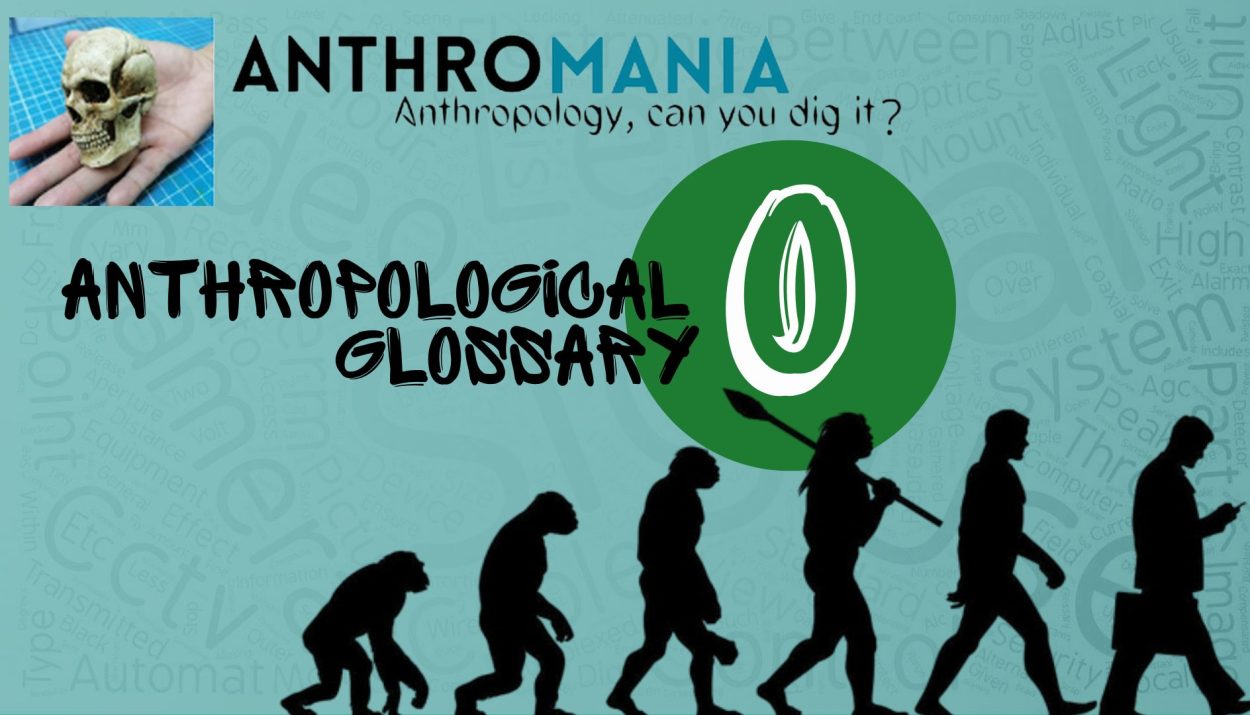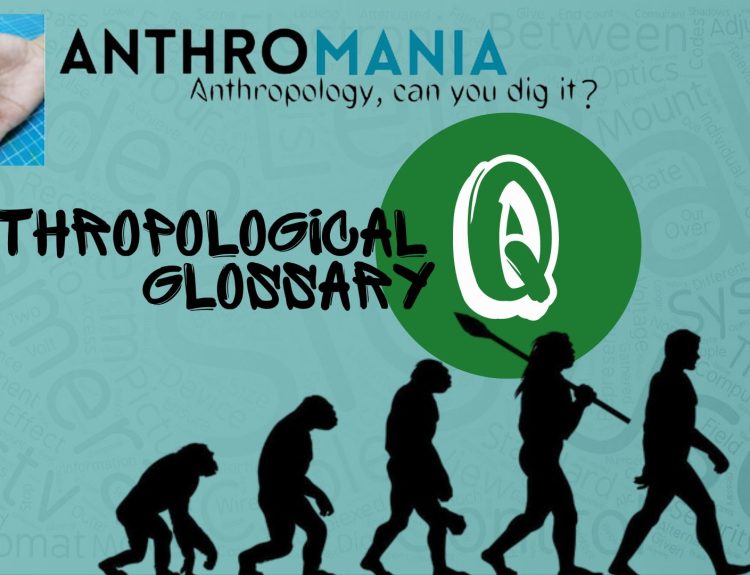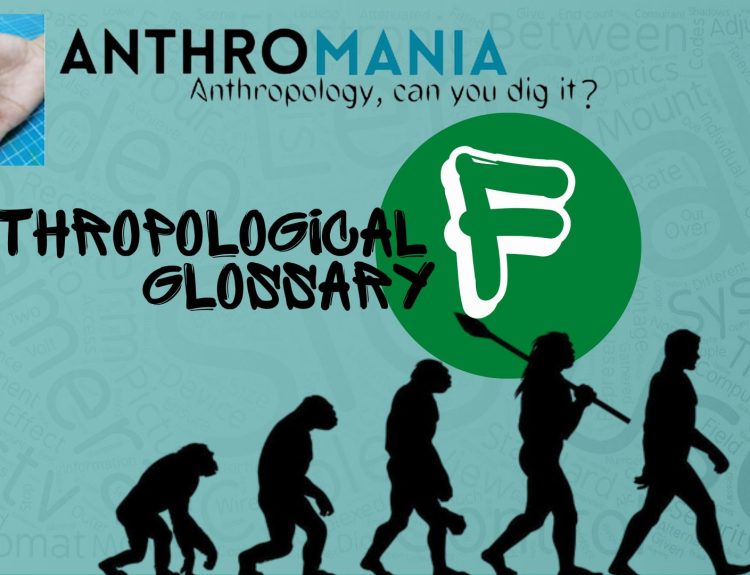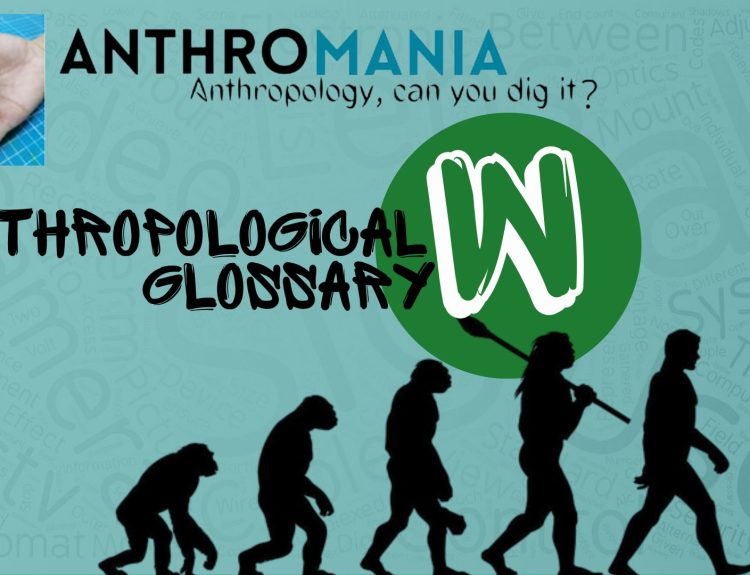Explore the Anthropological Glossary (Letter O) to delve into a comprehensive list of anthropological terms and concepts. From research methods and cultural practices to indigenous peoples and economic phenomena, this glossary provides valuable insights into the diverse aspects of anthropology. These terms shed light on how anthropologists study, understand, and interpret various aspects of human societies and cultures across the globe.
Objectification: The process of treating individuals or groups as objects or commodities, often in the context of cultural analysis and gender studies.
Objectivity: The practice of maintaining a neutral and unbiased perspective in anthropological research, avoiding personal bias and preconceived notions.
Obligations: Social and cultural expectations and duties that individuals have toward their families, communities, or societies, explored in anthropological research on kinship and social structures.
Observation: A research method where researchers directly observe and document behaviours, events, or phenomena in a systematic and objective manner.
Occult: Practices, beliefs, or knowledge considered esoteric, supernatural, or beyond the realm of conventional understanding, explored in the anthropology of religion and belief systems.
Occupy Movement: A modern socio-political movement studied in contemporary anthropology that addresses issues of economic inequality, social justice, and activism.
Oligarchy: A social and political system in which power and authority are concentrated in the hands of a small, privileged group or class.
Omaha kinship system: A kinship terminology used in some societies, notably among the Omaha people. It classifies relatives into two main groups, with a distinction between father’s and mother’s sides.
Read- Patterns of Kinship Terminology
Open-ended Question: A research question that allows respondents to provide detailed, narrative responses rather than simply “yes” or “no” answers. It is commonly used in anthropological interviews and surveys.
Oral History: The collection and preservation of historical information and personal narratives through spoken accounts, often used in cultural anthropology to capture the experiences and memories of individuals and communities.
Oral Tradition: The transmission of cultural knowledge, stories, and history through spoken words and storytelling, often a key focus in linguistic and cultural anthropology.
Orang Asli: A term used to refer to indigenous peoples in Malaysia, studied in ethnographic and indigenous anthropology.
Orangutan Cultures: The study of cultural variations and behaviours in orangutan populations, highlighting the social and learned aspects of their lives.
Organic Food Movement: A cultural and economic phenomenon studied in economic anthropology, focusing on the production and consumption of organic and locally sourced food products.
Organic Solidarity: A concept introduced by Emile Durkheim, referring to the social cohesion found in modern, industrial societies, where individuals have different roles and specialities that interdepend on each other.
Organizational Culture: The shared values, beliefs, and norms within an organization, which can be studied in the field of business anthropology to understand workplace dynamics.
Ornamentation: The use of decorative elements such as jewellery, body modification, and clothing to convey cultural and social messages, often examined in the field of visual anthropology.
Orokaiva: An indigenous people of Papua New Guinea, studied by the anthropologist Bronisław Malinowski, known for their complex systems of exchange and social organization.
Orthopraxy: A concept in religious anthropology that emphasizes correct or proper practice in a religious faith, rather than focusing on correct belief.
Osteology: The study of bones, often used in biological and archaeological anthropology to understand human and non-human skeletal remains, including their age, sex, and health.
Ostracism: The exclusion or shunning of an individual or group from social interactions and activities within a community, a concept examined in psychological and cultural anthropology.
Othering: The process of defining and categorizing groups or individuals as different or separate from one’s own cultural or social group. It is often used to explore issues of identity and discrimination.
Outsider Art: Art created by individuals who are not formally trained as artists and may be on the fringes of mainstream culture. It is often examined in the context of visual and artistic anthropology.
Outsider Perspective: An approach in anthropology that involves studying a culture or society from an external or non-native viewpoint, which can provide valuable insights and comparative analysis.
Overculturation: The process in cultural anthropology where a cultural group adopts the customs, values, and practices of another culture to an excessive degree, often leading to the erosion of their own cultural identity.
Overgeneralization: A potential bias in anthropological research, where broad generalizations are made about a culture or group based on limited or insufficient data.
Overpopulation: A demographic concern studied in cultural and ecological anthropology, it refers to a situation where the population of a specific area exceeds the available resources and environmental capacity to sustain it.
Overt Participant Observation: A research method in cultural anthropology where the researcher openly identifies themselves as an observer and interacts with the subjects of study.
Oxford Group: A historical and religious movement studied in anthropology that emerged in the 1920s, emphasizing personal and spiritual transformation through a series of principles.







